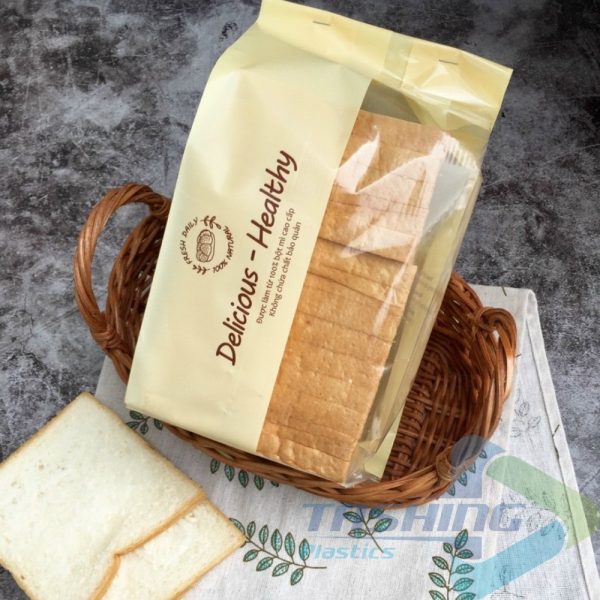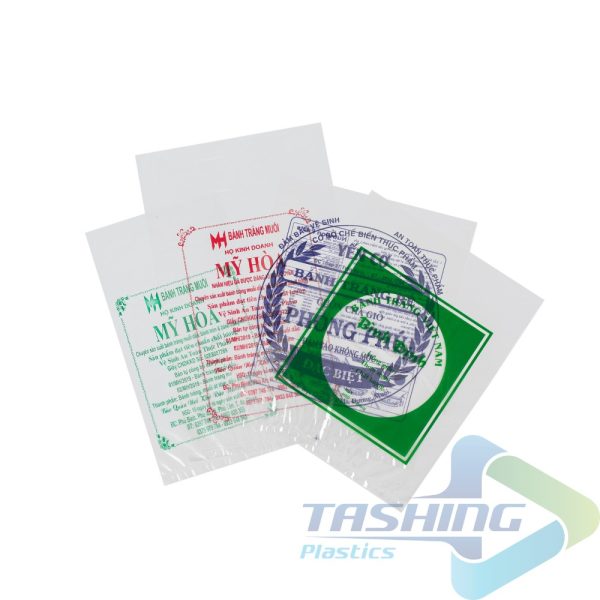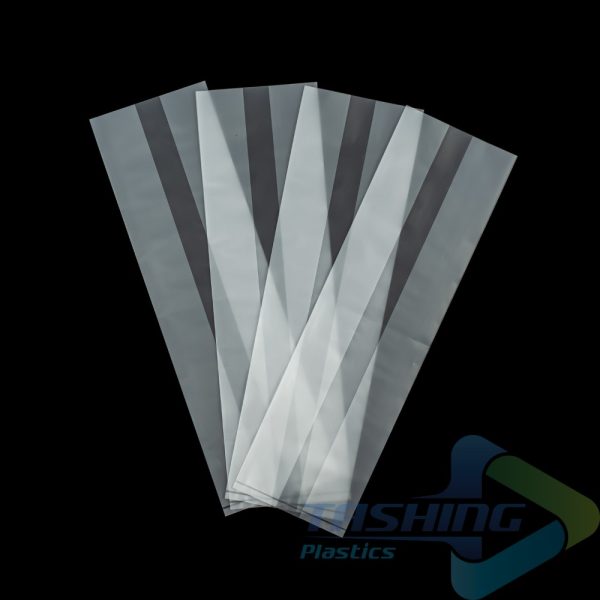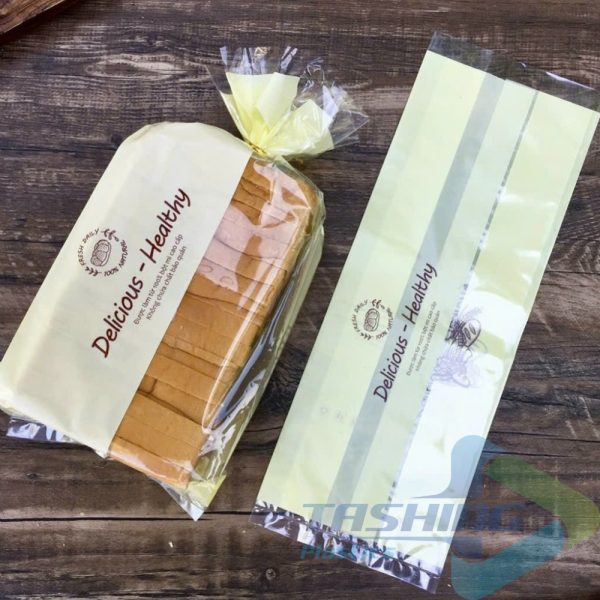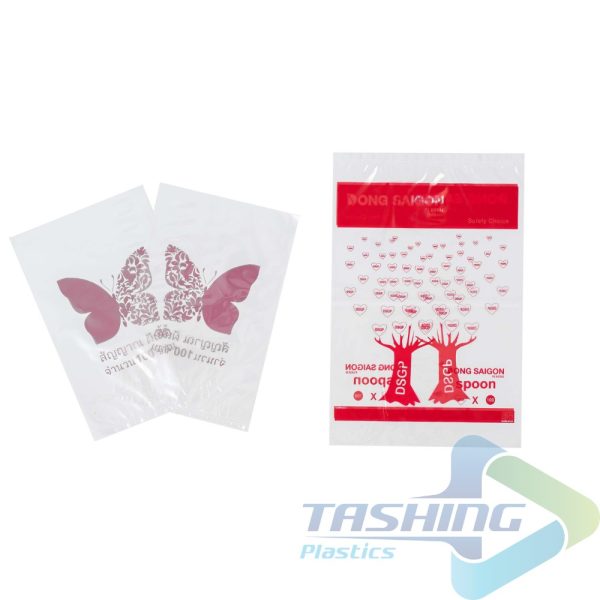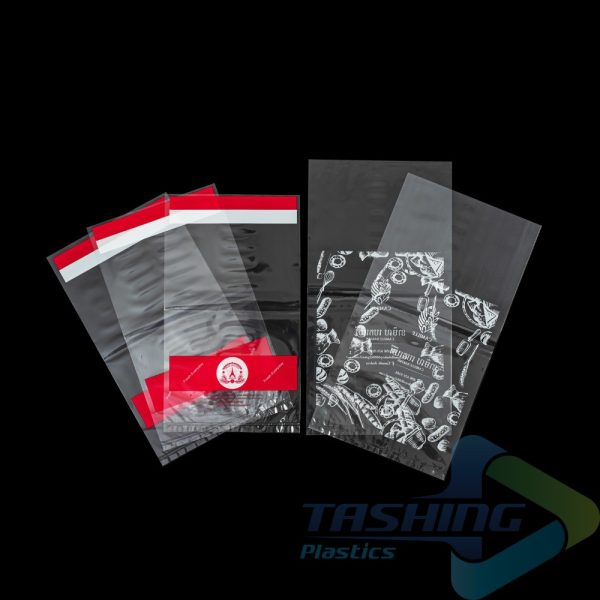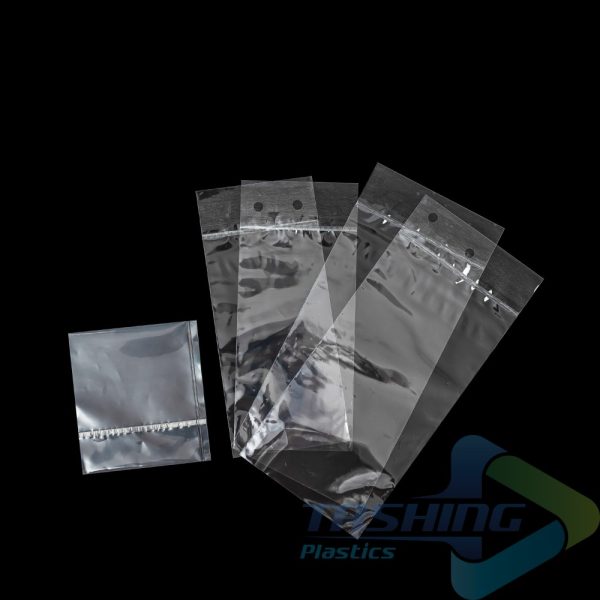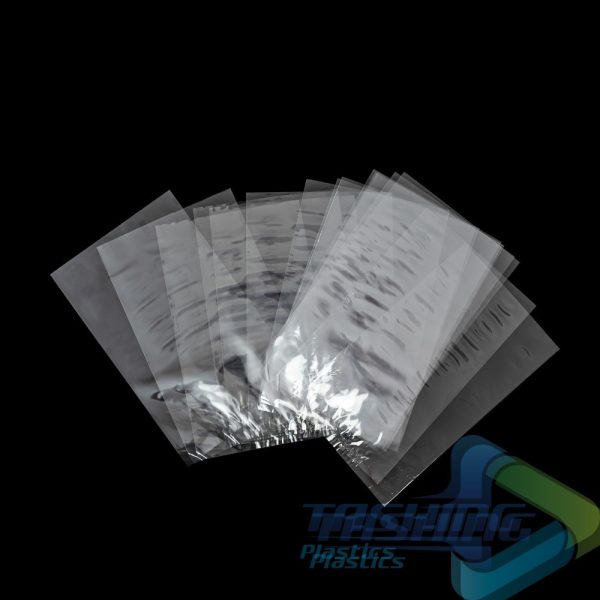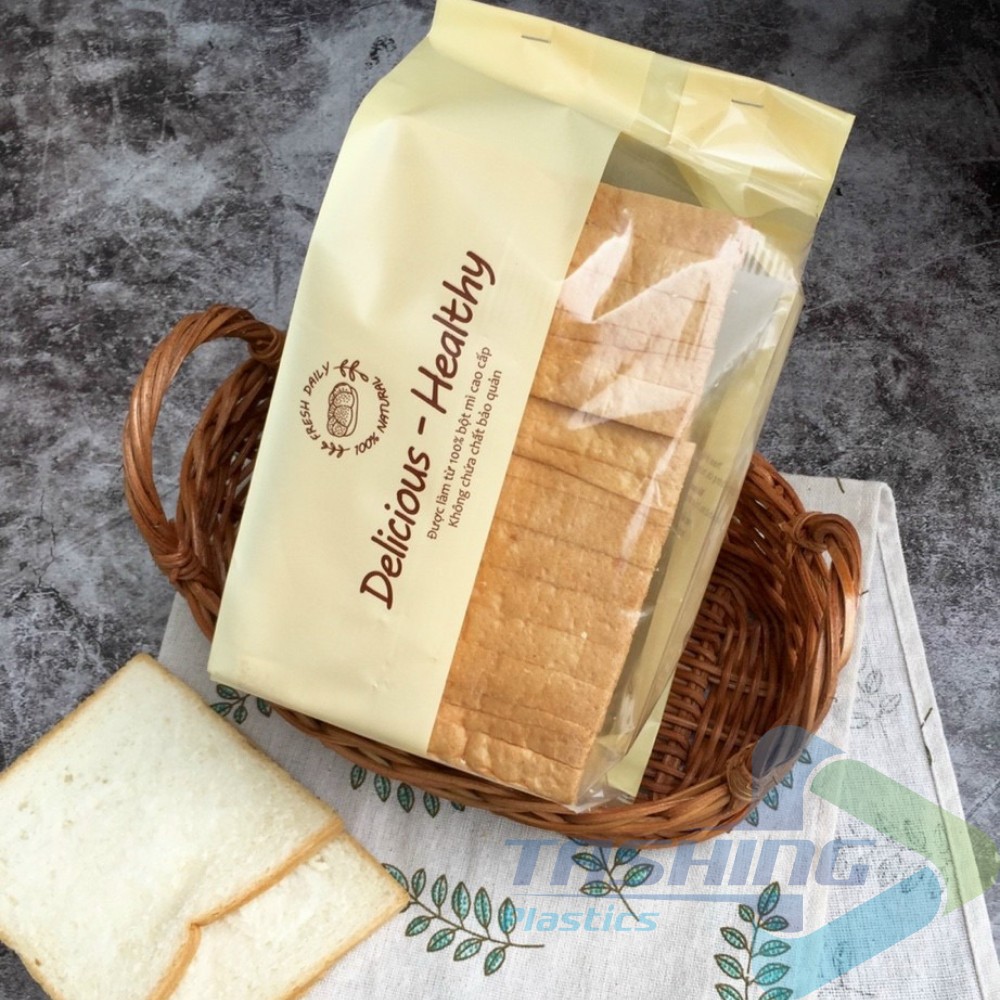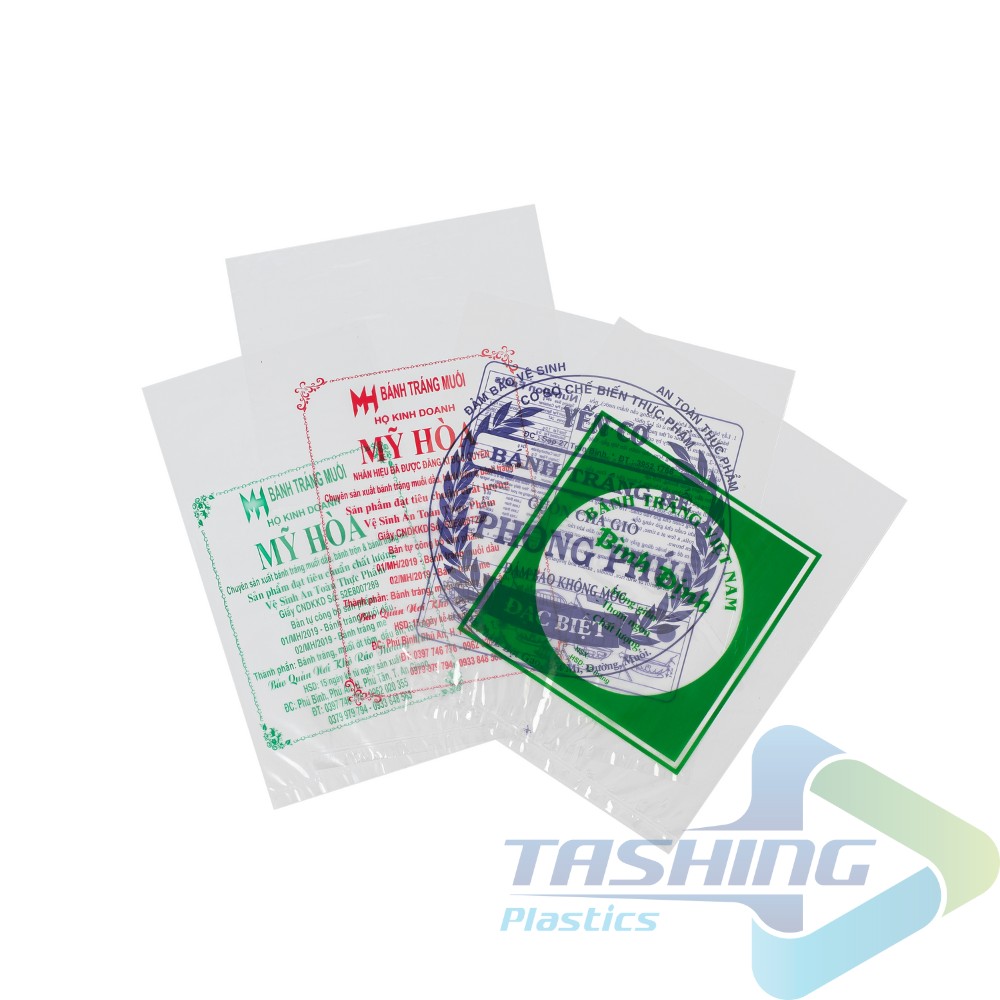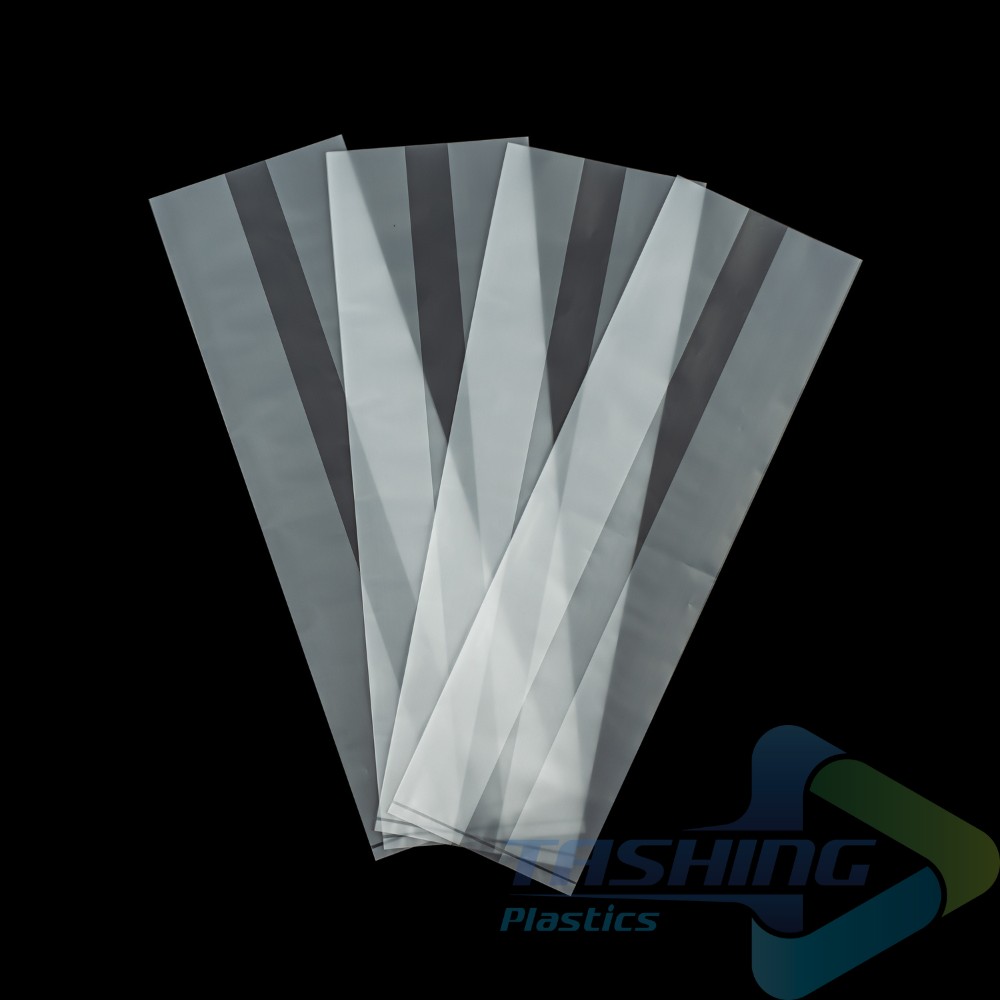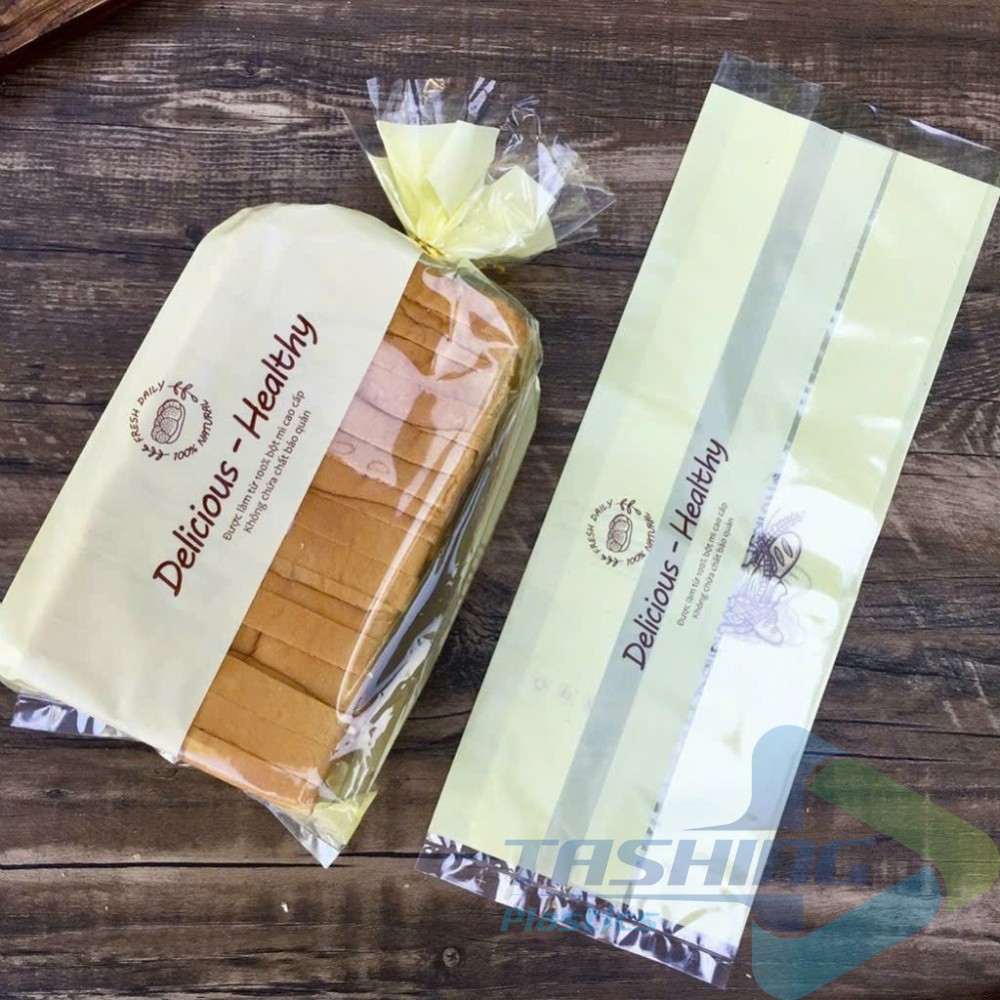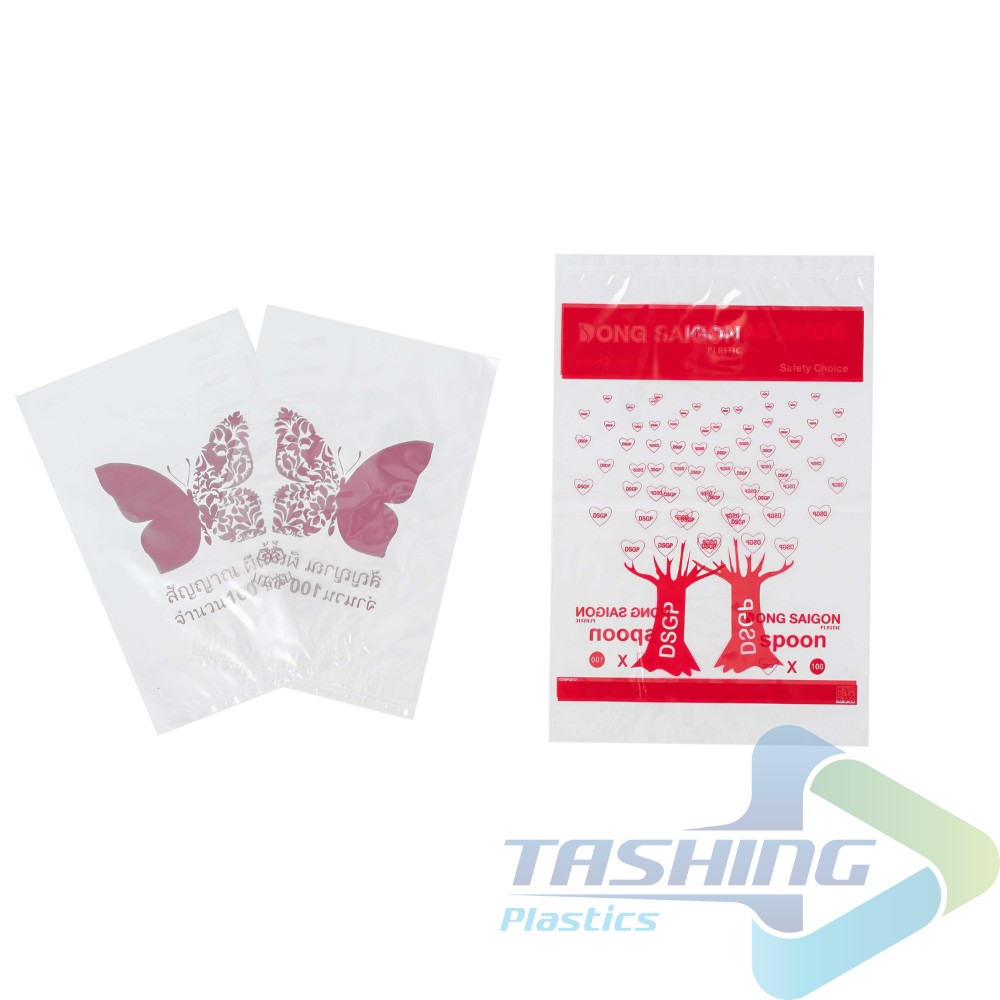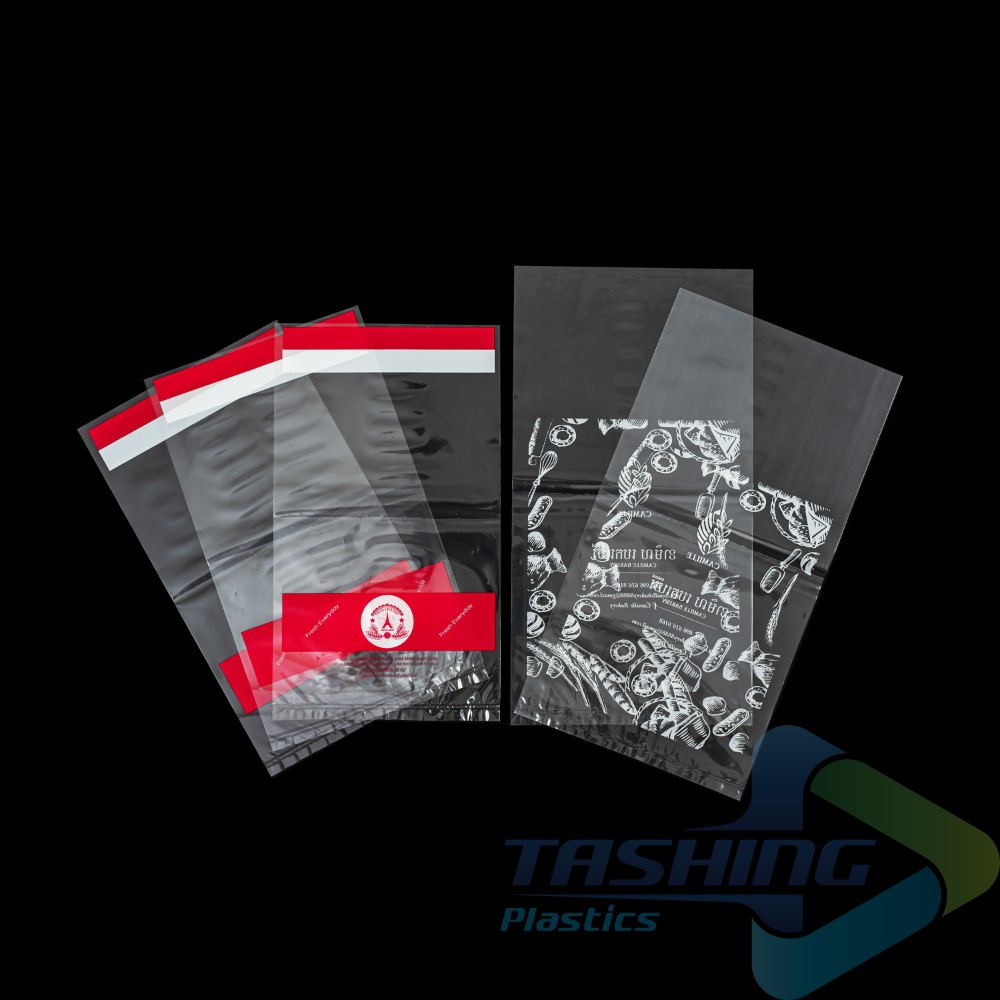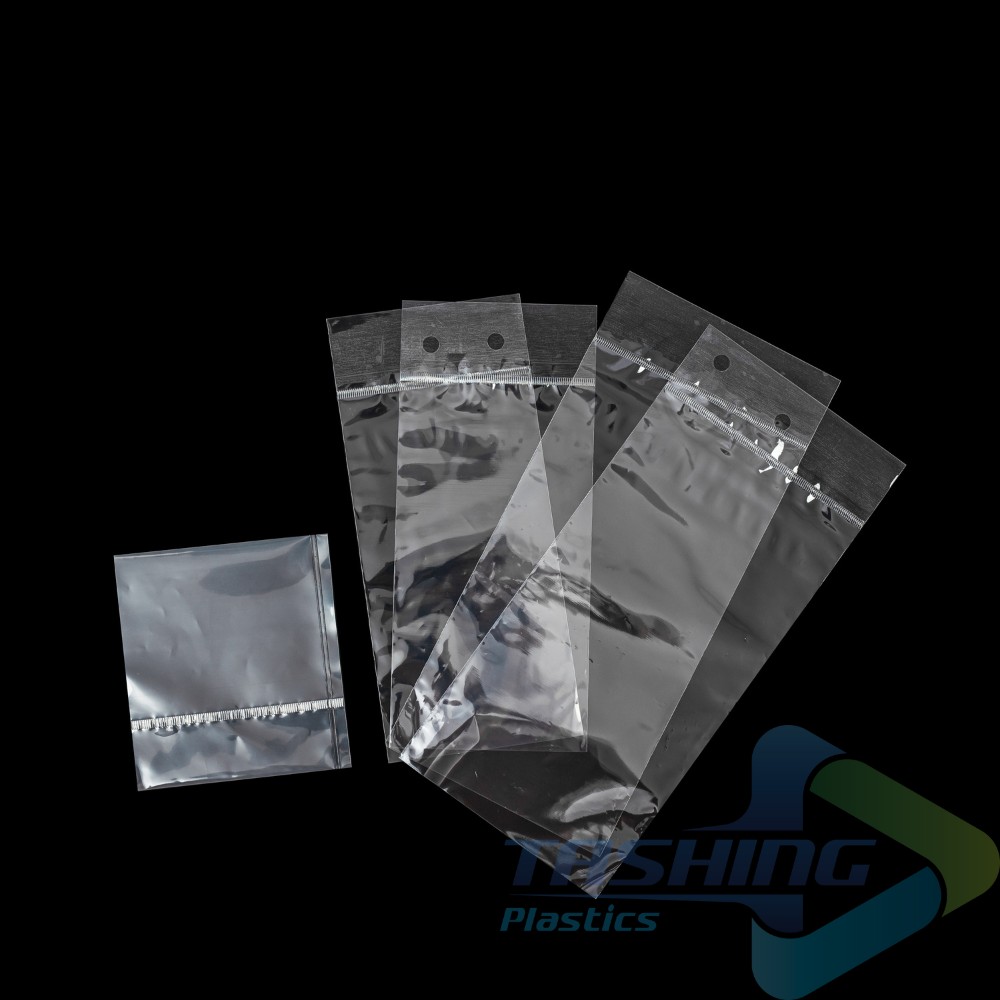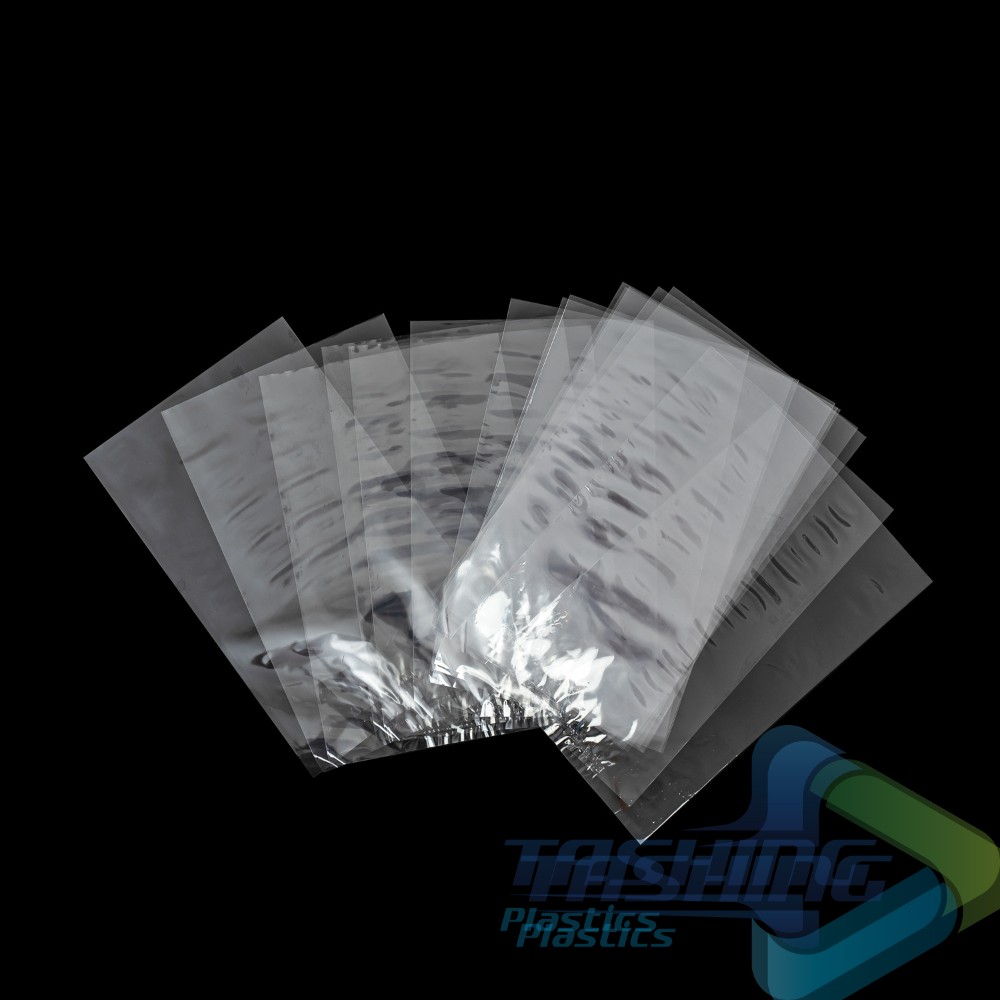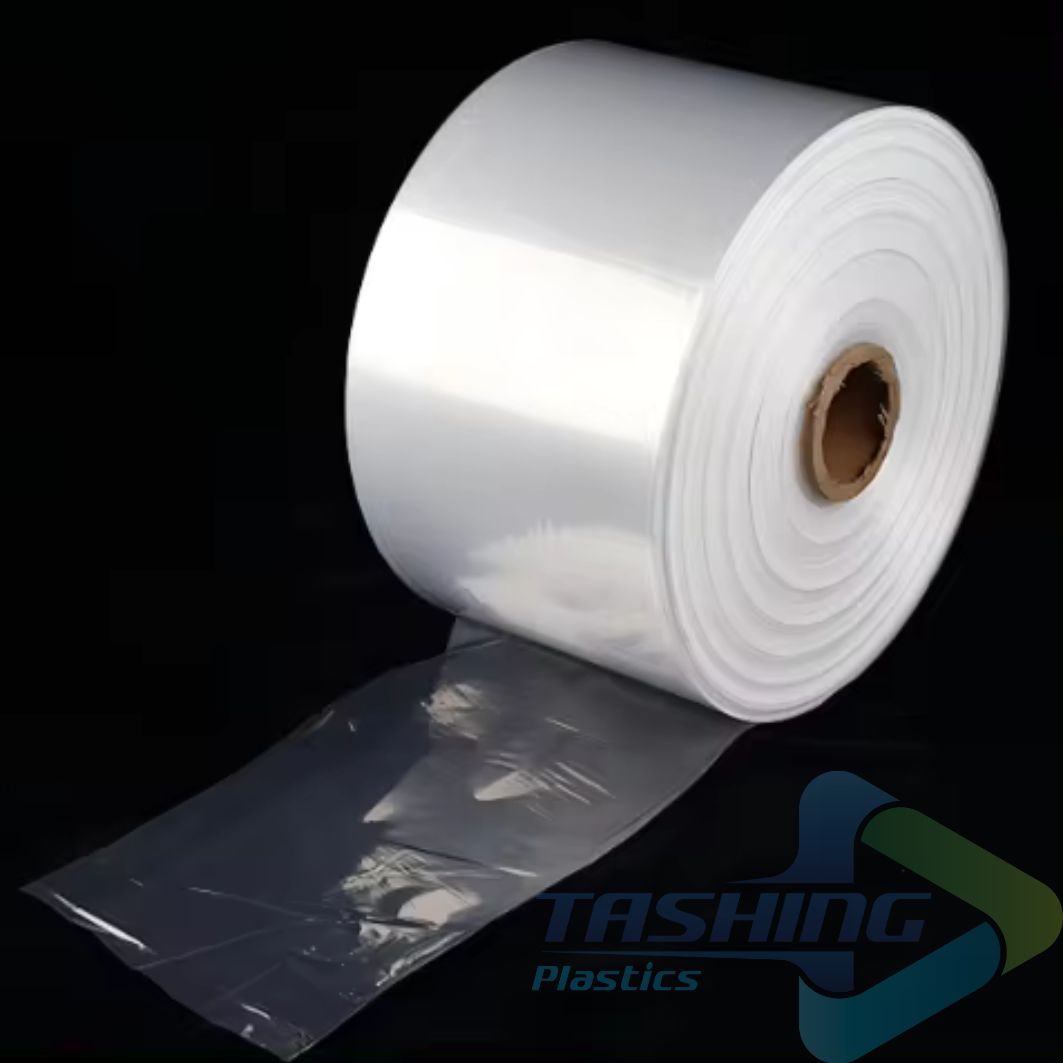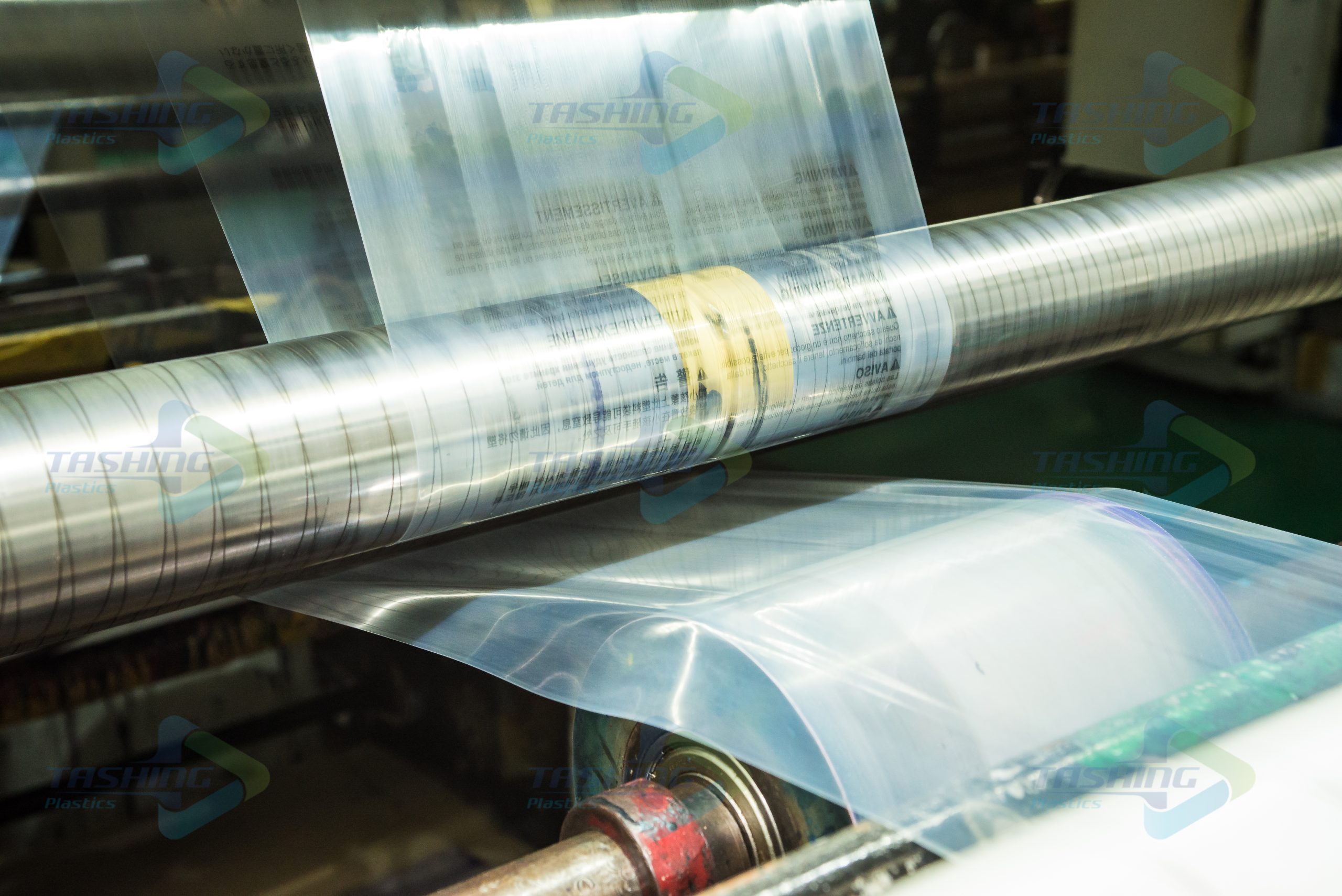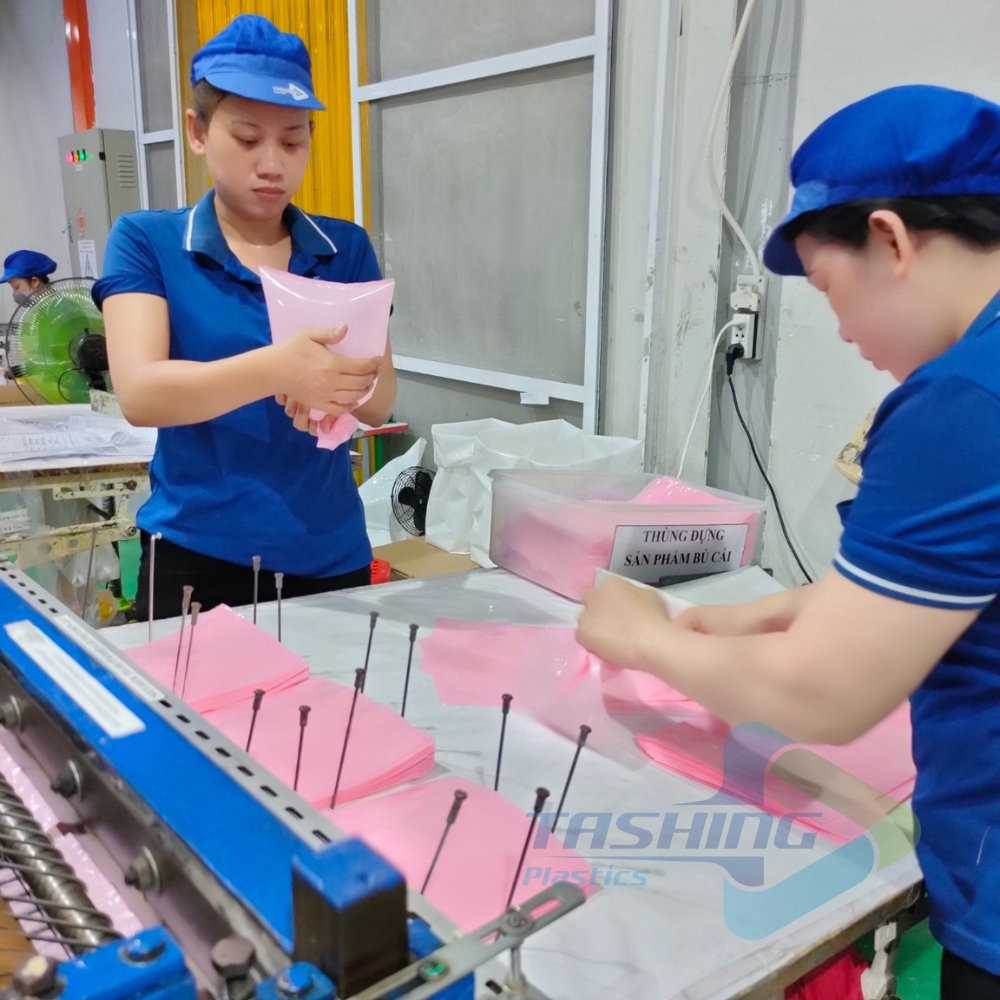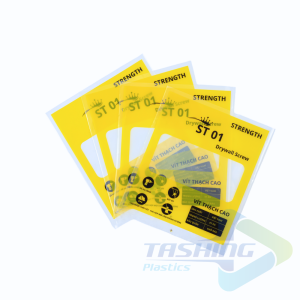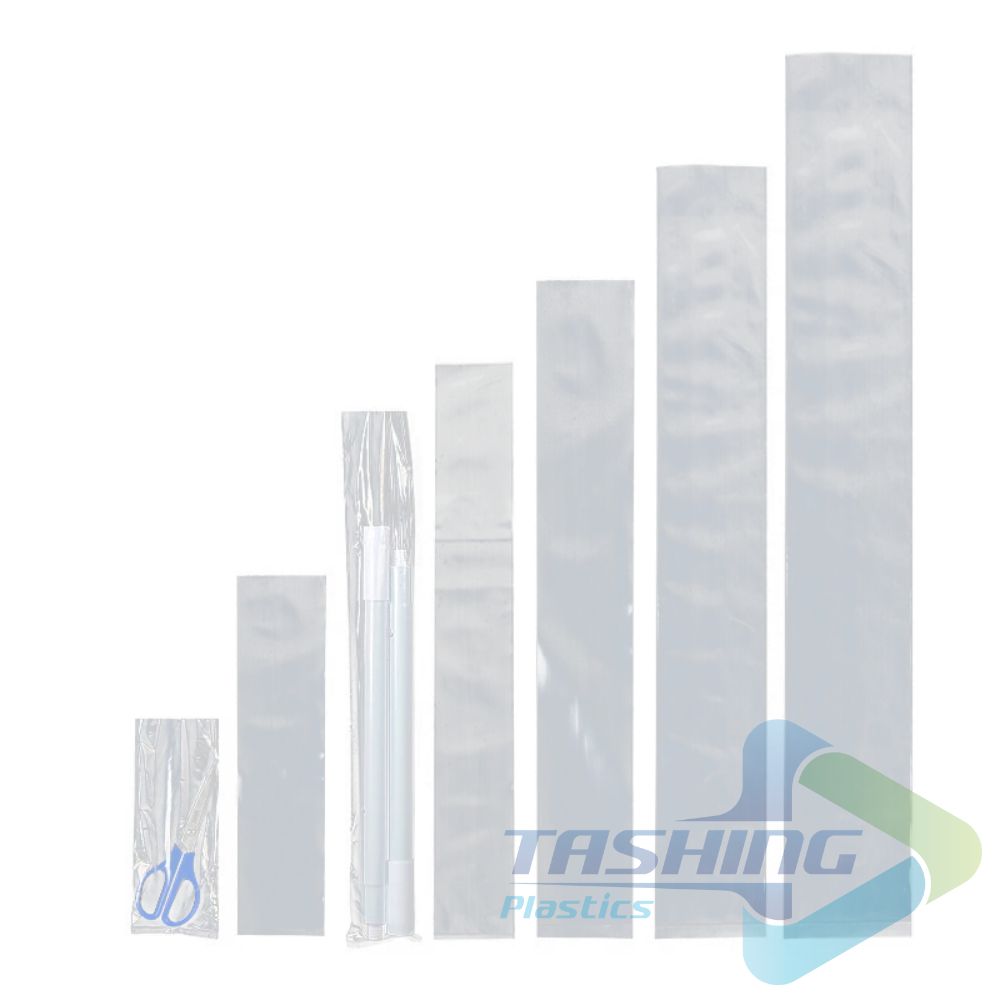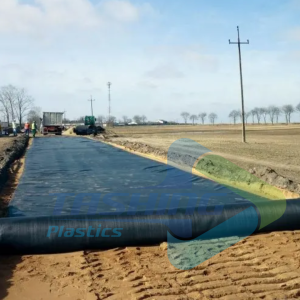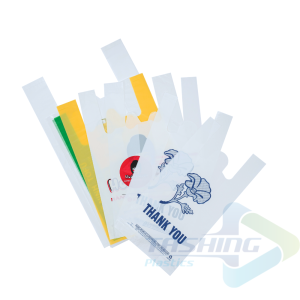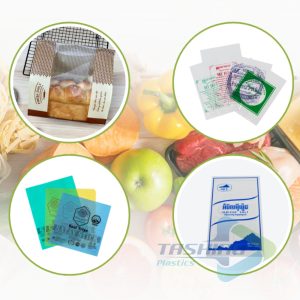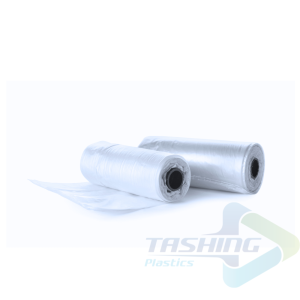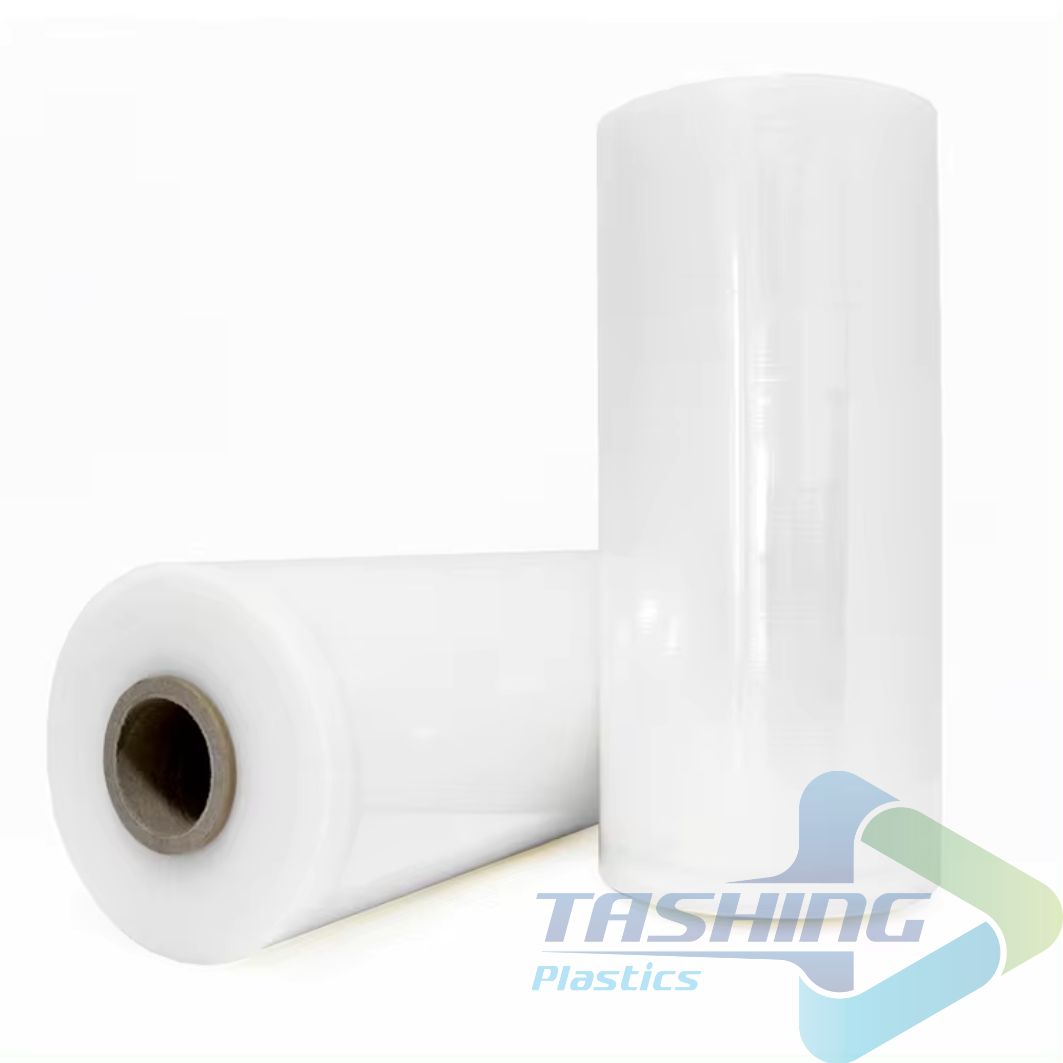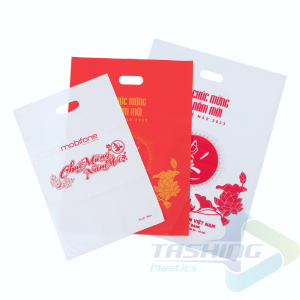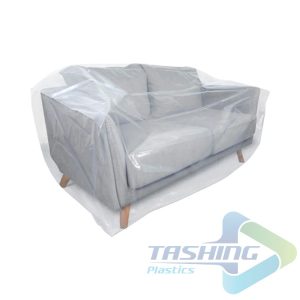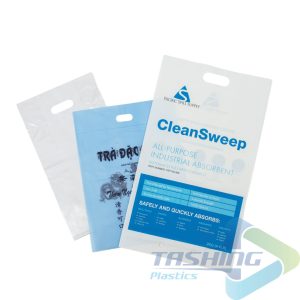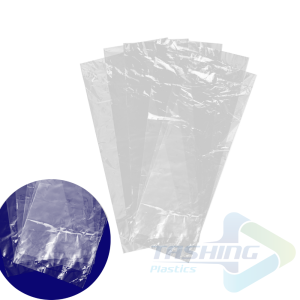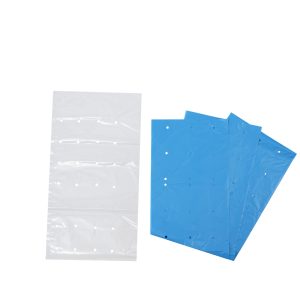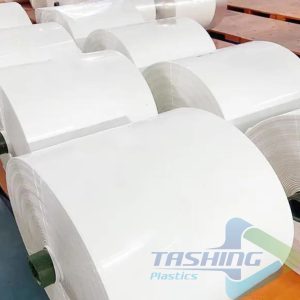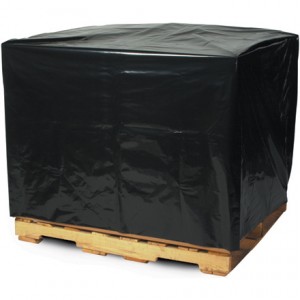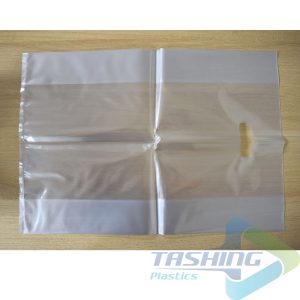Custom PP Bag Production
Contact
| Functionality: | Packaging for products in various fields such as food, textiles, chemicals, agricultural products, etc. |
| Material: | Virgin Polypropylene (PP) |
| Size: | Customizable according to customer requirements |
| Thickness: | Customizable, with thickness controlled during the film blowing process |
| Color: | Customizable, commonly clear white |
| Features: | Durable, lightweight, waterproof, moisture-proof, chemical-resistant, good heat resistance (up to 126°C), can print logos and brands |
| Packaging: | Packaged in batches, using bulk bags or cartons depending on the quantity of products |
- Description
Description
Custom PP Bag Production is a creative process aimed at creating tailored plastic bags that meet the specific needs of each customer. Unlike standard PP bags, which are mass-produced with fixed sizes and shapes, custom PP bags allow for flexible adjustments to various factors such as size, thickness, color, and print design. This provides businesses and individuals with the opportunity to create the perfect product that meets their branding requirements and intended use. During the production process, facilities typically gather detailed information from customers regarding special requirements, ranging from shape (such as stand-up or tote bags) to load-bearing capabilities, including tensile strength and waterproofing.
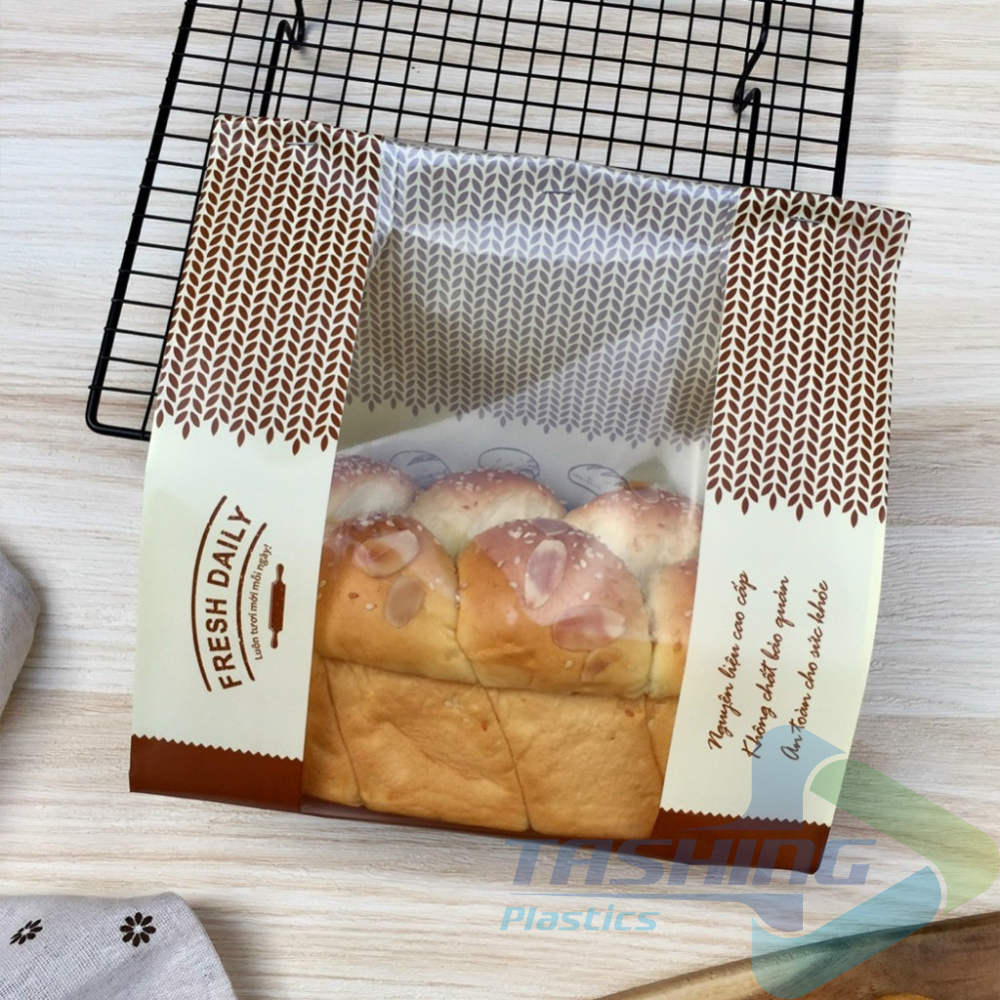
Concepts and Characteristics of Custom PP Bag Production
Custom PP bag production is the process of creating uniquely designed and produced bags based on the specific needs of each customer.
- High Customization: Customers can choose materials, colors, sizes, and other elements to create the perfect product for their needs.
- Brand Identity Representation: Through unique packaging design, businesses can convey their distinctive messages and styles to consumers.
Differences Between Mass-Produced PP Bags and Custom PP Bags
While both types of bags are made from polypropylene material, they have distinct differences in purpose and production processes.
- Mass-Produced PP Bags: These products are produced according to a fixed template and cannot be altered. This makes them unable to meet the diverse needs of customers.
- Custom PP Bags: Conversely, these are customized products that allow customers to participate in the design process, resulting in unique and distinctive products.
Benefits of Choosing Custom PP Bag Production
Choosing to produce custom PP bags brings numerous benefits to businesses, from optimizing costs to enhancing brand recognition.
- Cost Optimization for Packaging: One of the greatest benefits of custom PP bag production is the ability to optimize costs.
- Waste Reduction: When producing bags on demand, businesses can order the exact sizes and quantities needed, minimizing inventory and waste.
- Shipping Cost Savings: Using the right-sized bags not only helps save materials but also reduces shipping costs, contributing to overall cost optimization for the business.
- Enhanced Brand Recognition Through Unique Design: One of the major goals of businesses is to build a strong brand, and custom PP bag production is an effective tool for achieving this.
- Unique Designs: Custom-designed PP bags easily impress customers, helping them remember the brand longer.
- Message Conveyance: Through colors, images, and printed messages on the bags, businesses can communicate their core values to consumers.
- Increased Market Competitiveness: In a competitive market, having unique PP bags helps businesses stand out from their competitors.
- Attracting Customers: Custom PP bags not only serve as packaging but also attract customers’ attention at first glance.
- Creating a Positive Impression: Beautiful and quality packaging helps create a positive impression, enhancing the shopping experience for customers.
Outstanding Advantages of PP Bags
PP bags have many outstanding advantages, making them one of the top choices in the packaging industry.
- Chemical Resistance: PP bags excel in chemical resistance due to their durable molecular structure, limiting the infiltration of harmful substances and moisture. This is crucial in the food and pharmaceutical industries, preserving product quality and health safety.
- Mechanical Strength: Compared to conventional plastic bags, PP bags are highly durable and have good load-bearing capabilities, making them suitable for packaging fragile or heavy goods, such as electronic components and building materials.
- Water and Moisture Resistance: PP bags can withstand water, protecting agricultural products and dry foods from mold and bacteria, maintaining quality and hygiene safety.
- Heat Resistance: PP bags can withstand temperatures up to 126 degrees Celsius, allowing for the packaging of hot food or chemicals without deformation. They can also be used in cooking and food storage in refrigerators, keeping items cold and preventing bacterial infiltration.
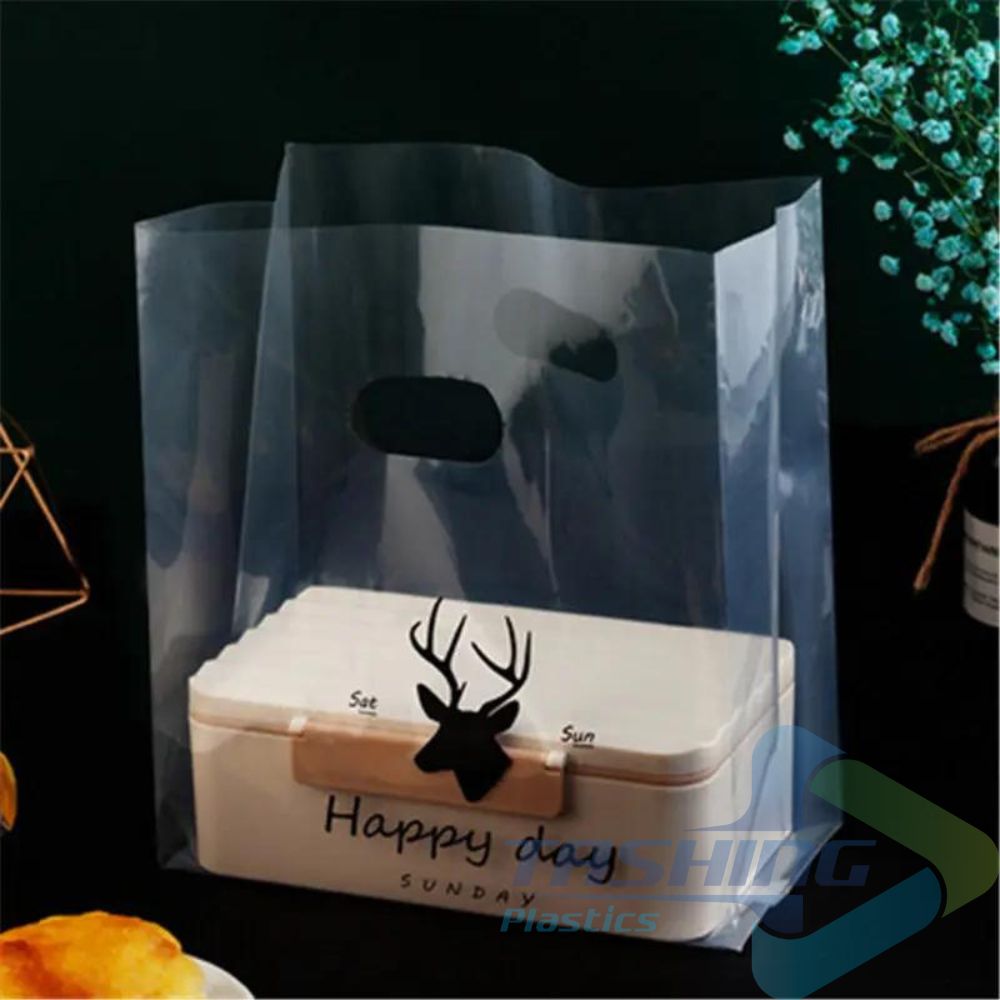
Production Process for Custom PP Bags
The production process for custom PP bags is typically systematic and professional, from design consultation to quality control of the finished product.
- Consultation and Design of Bag Samples: Initially, customers work with experts to discuss their needs and specific requirements.
- Clarifying Needs: Designers thoroughly explore the usage needs and goals of customers to propose optimal solutions.
- Developing Ideas: After identifying the needs, the design team begins developing ideas for the bag sample, including size, color, and patterns.
- Material Selection: The primary material for producing PP bags is polypropylene resin. The PP resin is selected based on the required durability, transparency, and heat resistance of the bags. Additives may be included to enhance mechanical properties or add colors according to customer specifications.
- Film Blowing Processing: The film blowing process is the step that creates the plastic film from polypropylene resin.
- Melting Plastic: The PP resin is fed into an extruder to melt at high temperatures, typically between 160-250°C.
- Blowing Film: Once melted, the plastic is extruded through a tubular mold and simultaneously inflated with air to create a thin, cylindrical film. The size and thickness of the film are controlled during the blowing process.
- Cooling: The plastic film is then cooled using a fan or water cooling system to maintain stability and quality.

- Printing (if applicable): If the bags need to have logos, information, or images printed, the printing process will be conducted.
- Preparing Print Samples: Graphics to be printed are designed and prepared in advance.
- Printing: The bags are printed using flexographic or screen printing technology, depending on quality and quantity requirements. The printing process can include multiple colors and coatings to ensure color durability and product aesthetics.

- Cutting and Sealing Bags: After creating the plastic film and printing, the film will be cut and sealed according to the required sizes and shapes.
- Cutting Film: The PP plastic film is cut to predetermined sizes using an automatic cutting machine, which can adjust sizes according to the type of bag the customer desires.
- Sealing Bottom and Edges: For bags with square bottoms, sealing machines will fold and seal the bottom as required, ensuring the bag’s durability. Similarly, the edges of the bags will be sealed or welded shut.
- Quality Control: After production, PP bags undergo a quality control step to ensure they meet technical standards.
- Thickness Testing: Checking the thickness of the plastic film and uniformity across the entire surface.
- Load-Bearing Capacity Testing: Evaluating the strength, heat resistance, and waterproof capabilities of the bags.
- Printing Quality Testing: Ensuring that colors and printed details are clear and in the correct positions.

- Packing and Shipping: After inspection, the bags will be neatly stacked and packaged into batches for delivery to customers.
- Packing: The bags are packaged in large bags or cartons depending on the quantity.
- Shipping: The PP bags are then delivered to customers via suitable shipping methods, ensuring that products arrive safely and on time.
- Feedback and Adjustments (if necessary): After customers receive their orders, if there are any feedbacks regarding quality or requests for adjustments, the manufacturer will modify or adjust the process to ensure maximum customer satisfaction.
Factors to Consider When Ordering Custom PP Bags
When deciding to order custom PP bags, there are several important factors that businesses need to consider.
- Clearly Defining Usage Needs and Packaging Purpose: Before ordering, businesses need to clearly define their usage needs and packaging purpose.
- Usage Purpose: Businesses need to answer the question of whether the PP bags will be used for food packaging, gifts, or advertising. Each purpose will require different specifications and designs.
- Product Characteristics: Product characteristics are also very important, such as weight, shape, and properties (like heat or moisture resistance).
- Agreeing on Price and Delivery Time: Finally, businesses need to have clear agreements with manufacturers regarding pricing and delivery times.
- Production Costs: Businesses need to understand the components of production costs to negotiate reasonably.
- Delivery Times: Delivery times are also crucial as they directly affect the business operations of the company.
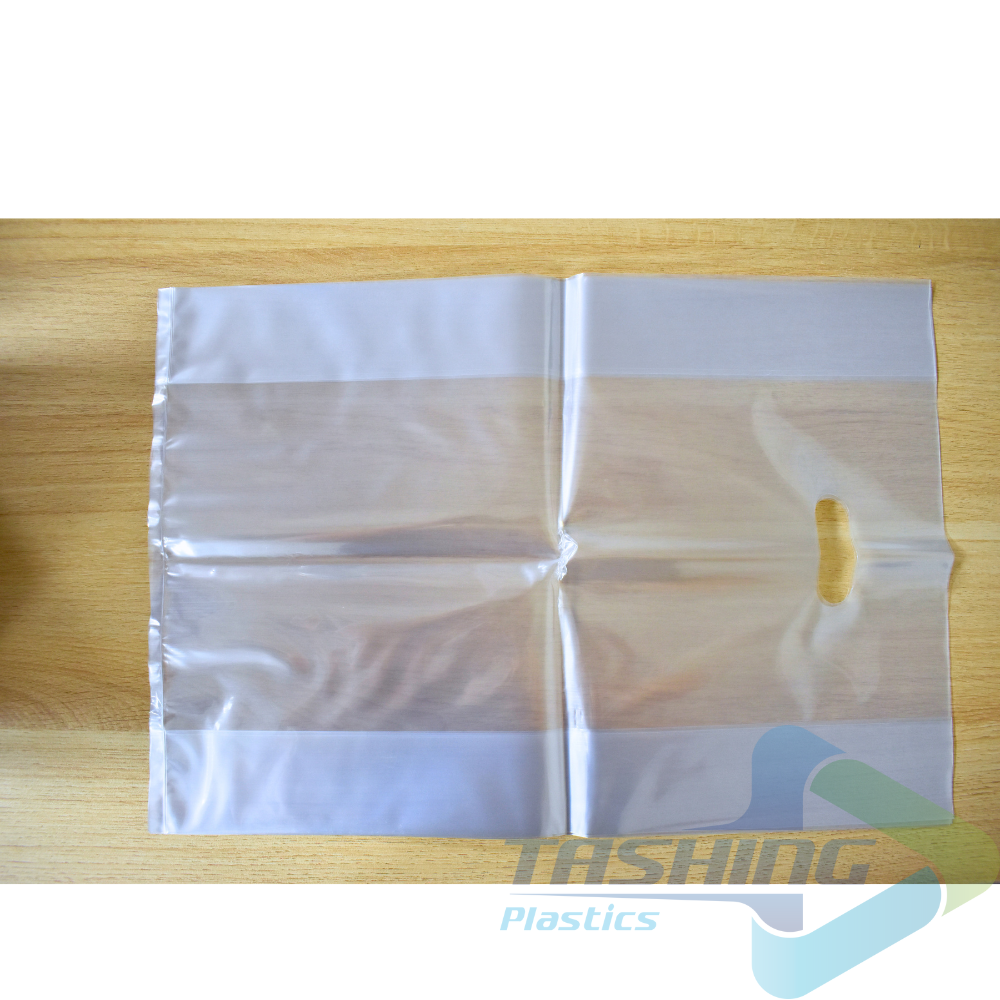
Applications of PP Bags in Various Industries
Custom PP bags have widespread applications across various industries, helping to optimize packaging processes and enhance product value.
- Food Industry: PP (Polypropylene) bags are commonly used in the food industry due to their superior properties such as durability, heat resistance, and health safety. Here are some key applications of PP bags in the food industry:
- Packaging Dry Foods: PP bags are used to package dry foods such as rice, flour, sugar, salt, beans, and cereals. Their water-resistant properties help protect food from mold and insects.
- Frozen Food Packaging: PP bags can withstand both high and low temperatures, making them suitable for packaging frozen foods without affecting product quality.
- Packaging Ready-to-Eat Foods: Many types of ready-to-eat foods such as instant noodles, snacks, and candies also use PP bags because they maintain freshness and do not react with food.
- Holding Vegetables and Fruits: The transparency of PP bags allows customers to easily see the food inside while protecting fruits and vegetables from dust and moisture.
- Bread and Pastry Bags: In bakeries, PP bags are a popular choice for packaging bread and pastries due to their transparency, preserving the flavor and freshness of the products.
- Textile Industry: Custom PP bags are also widely used in the textile industry, enhancing product value and creating a strong impression on customers.
- Fashion Bags: Fashion brands often use high-end PP bags with luxurious designs to create a unique identity.
- Brand Promotion: Through PP bags, brands can easily promote their logos and messages to customers.
- Agriculture: In the agricultural sector, PP bags are used for packaging and transporting agricultural products.
- Product Preservation: PP bags help preserve fresh food such as fruits and vegetables, ensuring high quality and safety for consumers.
- Pharmaceutical Industry: Custom PP bags play an important role in the pharmaceutical industry, ensuring product safety and integrity.
- Safe Transport: These bags are used to transport medicines and medical equipment, preventing damage during transit.
Conclusion
Custom PP bag production is a creative and professional process that enables businesses to create unique packaging solutions to meet their specific needs. With benefits ranging from cost optimization to enhanced brand recognition, custom PP bags have become indispensable tools in various industries. Through understanding customer needs and adhering to quality control processes, businesses can produce PP bags that not only meet customer requirements but also contribute to building strong brands in a competitive market

